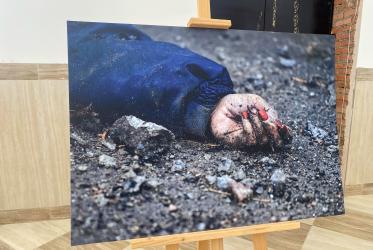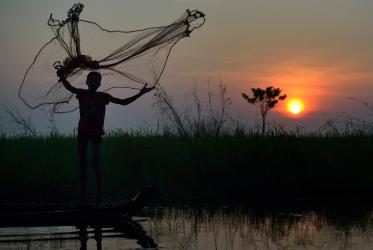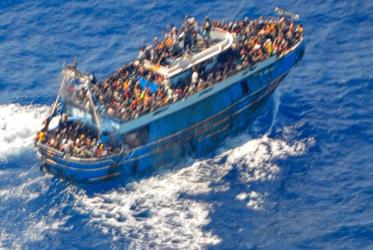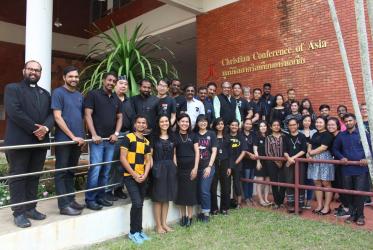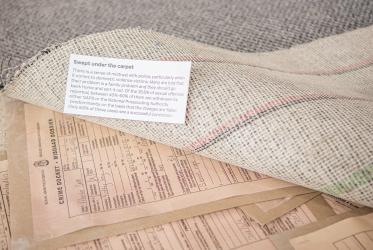Displaying 1 - 20 of 107
Tackling sexual violence in war
14 December 2023
WCC Eco-School begins in Crete
15 November 2023
WCC Eco-School for Europe and North America region
11 - 18 November 2023
Orthodox Academy of Crete, Greece
New eco-theology book combines diverse views with best practices
10 January 2022
Webinar remembers past massacres in Europe
16 December 2021
Webinar will remember past massacres in Europe
02 December 2021
Churches can address root causes of femicide—and webinar reveals how
01 December 2021
Rethinking Ecological Relationships in the Anthropocene era
11 - 13 February 2021
